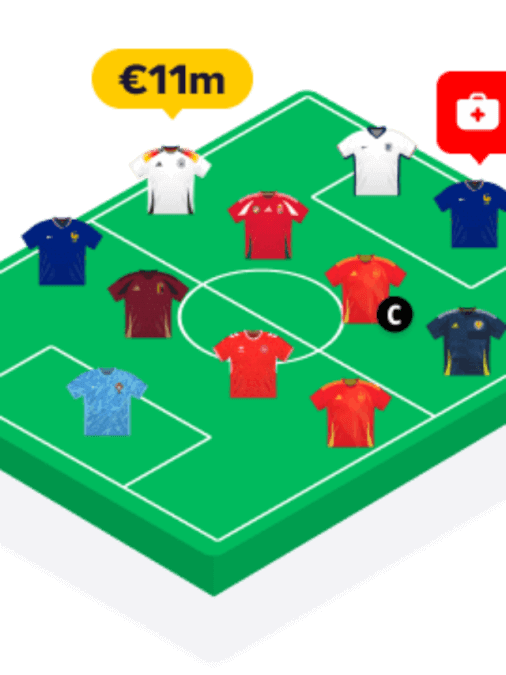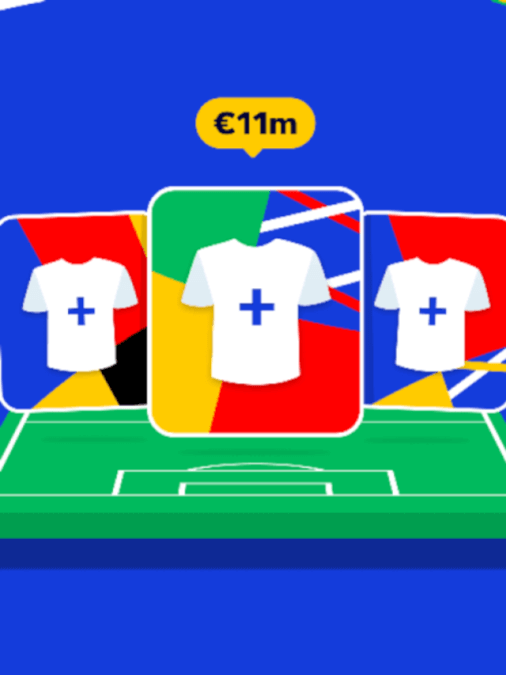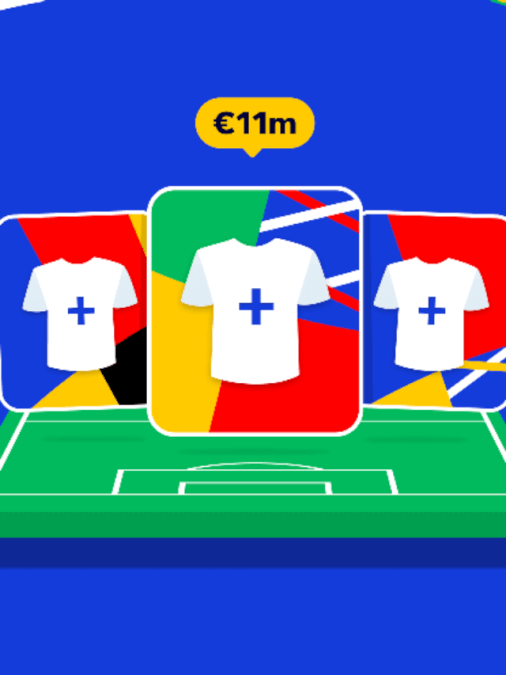Confidence is a cornerstone of success in any sport, and youth football (soccer) is no exception. A young player who feels confident in their abilities is more likely to take risks, try new things, and ultimately, enjoy the game more.
But how does a player’s position on the field impact their confidence? Here’s how finding the right fit and providing the right support can help your young footballer thrive.
Finding the Perfect Fit: The Foundation of Confidence
Imagine a young striker constantly struggling to control the ball. Their frustration mounts with every missed pass and failed attempt to dribble past defenders.
This scenario highlights the importance of positional fit. Just like a puzzle piece, a player needs to fit their specific strengths and weaknesses into the right position on the field.
Here’s why a good fit is crucial for confidence:
- Success Breeds Confidence: When a player excels in their role, whether it’s making crucial saves as a goalkeeper or orchestrating attacks as a midfielder, they experience a sense of accomplishment that builds confidence.
- Comfort and Control: Feeling comfortable and in control in your position allows you to focus on the game and react instinctively. This sense of control contributes significantly to a player’s confidence.
- Enjoyment: When a player enjoys their role, they’re more likely to put in the effort to improve. This positive reinforcement cycle further boosts confidence.
Unveiling Potential: If you’re unsure of your child’s ideal position, our Youth Football Player Position Suggestor can be a valuable tool.
This interactive tool considers your child’s physical attributes, playing style, and personality to suggest suitable positions. Remember, a good starting point is to identify your child’s strengths.
For instance, a naturally fast and agile player might be suited for a winger position, while a player with excellent communication skills could excel as a central defender.
(Check out our article on How to Identify Your Child’s Strengths for the Right Football Position for more tips on recognizing your child’s natural talents.)
Building Confidence Through Success
Now that you’ve identified a good positional fit for your child, it’s time to help them build confidence in that role. Here are some strategies:
- Set Achievable Goals: Start with small, achievable goals that your child can realistically accomplish. As they master these initial goals, gradually increase the difficulty, keeping them motivated and celebrating their progress.
- Focus on Strengths: While it’s important to work on weaknesses, don’t neglect your child’s strengths. Help them refine those skills and leverage them to their advantage on the field. Consider incorporating drills specific to their position (articles like 13 Football Position Drills to Improve Skills by Role or Top 10 Skills Every Youth Footballer Should Master Based on Their Position provide excellent drill suggestions).
- Embrace the Learning Curve: There will be setbacks and challenges along the way. Help your child understand that mistakes are part of the learning process. Encourage them to learn from their experiences and keep striving for improvement.
Real-Life Example: Imagine a young defender who initially struggles with tackling techniques. With focused training drills and positive reinforcement from their coach, they develop confidence in their tackling abilities.
This newfound confidence allows them to anticipate attacker movements and win the ball more effectively, contributing to a more positive experience on the field.
Fostering Confidence: The Power of Positive Reinforcement
Positive reinforcement goes a long way in building confidence. Here’s how you can support your child:
- Offer Encouragement: Be your child’s biggest cheerleader! Celebrate their successes, no matter how small. Offer words of encouragement and support during setbacks.
- Provide Constructive Feedback: Focus on constructive feedback that highlights areas for improvement. Be specific and actionable with your advice.
- Create a Supportive Environment: Surround your child with positive influences. Look for a coach who fosters a positive and supportive team environment where players feel comfortable taking risks and learning from their mistakes.
Remember: Confidence isn’t built overnight. It takes time, effort, and consistent support.
Mental Toughness: The Inner Game
Mental toughness is another essential component of confidence. It’s the ability to overcome challenges, stay focused, and maintain belief in oneself. Here’s how to help your child develop mental toughness:
- Set Realistic Goals: Help your child set achievable goals that align with their abilities. This gives them a clear target to work towards and a sense of accomplishment when they achieve them.
- Visualization: Encourage your child to visualize success. Have them imagine themselves performing well in their position, making great plays, and contributing to the team’s victory.
- Stress Management: Teach your child relaxation techniques like deep breathing or mindfulness to manage stress and anxiety.
- Positive Self-Talk: Help your child develop a positive inner voice. Encourage them to replace negative thoughts with self-affirmations and belief in their abilities.
Role Models and Mentorship: Inspiring Confidence
Role models and mentors can have a profound impact on a young player’s confidence.
- Find Inspiration: Encourage your child to watch and admire successful footballers in their position. These role models can inspire them to strive for greatness.
- Seek Mentorship: Connect your child with experienced players or coaches who can offer guidance, advice, and support. Mentors can provide invaluable insights and help build confidence.
Real-Life Example: Imagine a young striker who admires the playing style of Cristiano Ronaldo. By watching Ronaldo’s performances and learning from his techniques, the young player feels inspired to improve their own skills. This admiration and desire to emulate their hero can fuel their confidence and drive to succeed.
H2: Frequently Asked Questions (FAQs)
Q: How can I help my child overcome self-doubt in their football (soccer) position?
A: Offer positive reinforcement, help them set achievable goals, and encourage them to focus on their strengths. Remember, everyone experiences self-doubt at times. Help your child develop a positive mindset and resilience.
Q: What if my child is struggling to adapt to a new position?
A: Patience and understanding are key. Provide additional support and training to help them adjust. Remember, it may take time to feel comfortable in a new role.
Q: How can I create a positive and supportive environment for my child?
A: Encourage a positive team culture, celebrate achievements, and avoid negative criticism.
Q: Can a coach have a significant impact on a player’s confidence?
A: Absolutely! A supportive and encouraging coach can significantly boost a player’s confidence. Look for coaches who create a positive and inclusive environment.
H2: Key Takeaways
- Find the Right Fit: Ensure your child is playing in a position that suits their strengths and preferences.
- Build Confidence Through Success: Set achievable goals, celebrate accomplishments, and focus on strengths.
- Positive Reinforcement: Offer encouragement, constructive feedback, and a supportive environment.
- Mental Toughness: Develop resilience, self-belief, and stress management skills.
- Role Models and Mentorship: Seek inspiration and guidance from successful players and coaches.
By following these guidelines, you can help your child build confidence in their football (soccer) position and unleash their full potential on the field.









